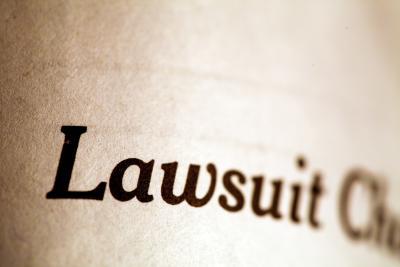Impact of Foreclosure on Security Deposits
Impact of Foreclosure on Security Deposits
By Bryan Mashian, Esq.
Buying property at a foreclosure sale is fraught with risks, one of which is the buyer being forced to refund the tenant’s security deposit in addition to the purchase price. The risk is affected by the type of property, as the law generally provides more protections for the security deposit of a residential tenant than a commercial tenant.
When the landlord’s interest in a residential property is terminated by foreclosure, the landlord can relieve itself of further liability for the security deposit by transferring any remaining security deposit, minus any deductions, either to the landlord’s successor in interest or to the tenant. In the recent rash of residential and commercial foreclosures, the former owner typically has long disappeared with the tenants’ security deposit or has gone bankrupt. So, the security deposit is typically not refunded to anyone, and neither of these means of releasing liability is applicable.
If neither of these options is followed, whether the new owner is responsible for repayment of the security deposit depends on the type of property. If the property is used as a “dwelling”, then the new owner becomes “jointly and severally liable” with the previous owner for repayment of the tenant’s security deposit. A “dwelling” includes a home, an apartment unit, or a residence. The rationale for this additional liability imposed on the owner is to protect residential tenants who may be less sophisticated. If the new owner in bad faith claims or retains the security deposit, the statutory damages may be up to twice the amount of the security deposit, in addition to the tenant’s actual damages.
If the property is not used as a “dwelling”, however, the new owner is not jointly and severally responsible for the return of the tenant’s security deposit. For example, if the former owner of a shopping center goes bankrupt and does not return the security deposit to the tenants in the center or turn it over to the new owner, then the new owner is not legally obligated to refund to the tenants’ security deposits. The main legal difference is that if the security deposit is neither returned to the tenant nor to the new owner, the tenant is essentially out of luck. Also, the penalty for bad faith retention of a security deposit by a landlord in a non-residential lease is statutorily capped at $200, plus the tenant’s actual damages. It may not be worth the tenant’s while to attempt to recover this relatively small amount from a possibly bankrupt landlord.
In bidding on foreclosure properties, it may be helpful to bear in mind that the amount of a security deposit in a residential lease cannot legally exceed two months’ rent in the case of an unfurnished property, and three months’ rent in case of a furnished property. So, these amounts may represent the upper end of the amount the buyer may have to refund to the tenants when they vacate their units. Unlike in a residential lease, there is no cap on the amount of security deposits in a commercial lease.
In sum, prospective buyers must be aware of the potential pitfalls of purchasing a foreclosed property. Purchasing a foreclosed residential property requires an awareness of the number of tenants and their associated security deposits, as this could prove to be a major expense that a buyer may not fully consider when bidding on the property. Commercial properties, conversely, carry fewer legal protections for the tenant, and thus the same concerns do not apply to the prospective buyer of a commercial property.




































